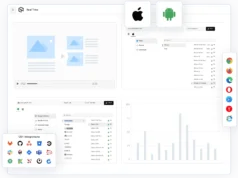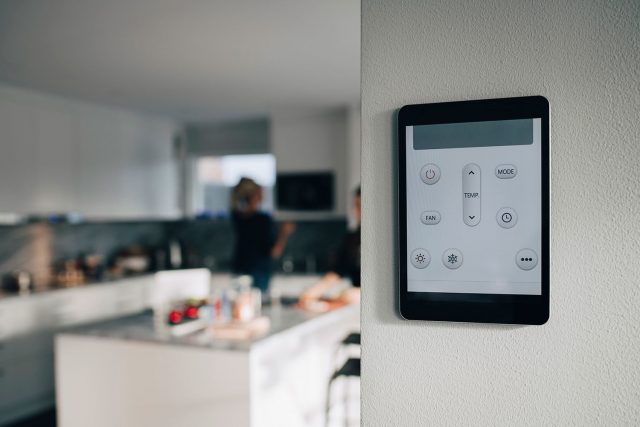
The development of biometric technologies has revolutionized the way we deal with security issues. We are living in the world of tomorrow with practices like eye scanning and facial recognition. Identification through fingerprints, voice and even gait recognition, face or iris scans – characteristics that are highly specific for every single individual – has the potential to fully replace the commonly used tags based on RFID (radio-frequency identification) technology or passwords that contain words, numbers, and/or special characters. Biometrics have been successfully implemented in access control for over a decade, and this field is continuously growing and improving. Their use in households is still at an early stage, but so far, it has changed our lives. Ultramodern self-driving vehicles, robots that take care of our everyday needs, state-of-the-art surveillance systems, smart front doors locks, laptops and phones that unlock with the owner’s fingerprint or face scan – it’s all there. But no matter how easy our life has been made by using this technology, is there possibly a darker side to it?
The prevailing theme is convenience
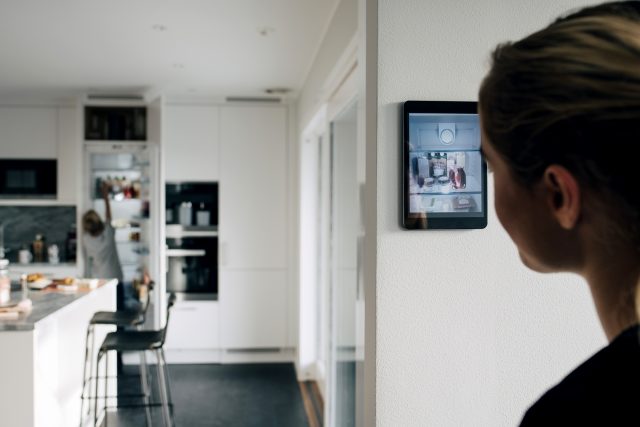
Convenience would be the word that sums it up. Thanks to the biometric technology, we would no longer have to carry a physical key with us merely for the sake of being able to enter our home. Also, it can be used to determine whether a family member is at home at any given time, control the safety features of the living space, and power on/off different digital or electronic devices. Of course, these actions generate enormous amounts of data which can be used for many purposes. For instance, you could set a monitoring app that would send an alert whenever a certain family member enters or leaves the house. In case a stranger enters your home, you would be alerted immediately.
The magic touch of fingerprint scanning
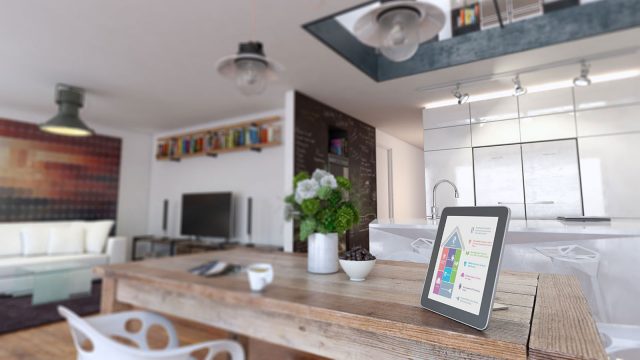
While someone may snatch the keys or tag right under your nose, stealing fingerprints is hardly even possible. Fingerprint commands can be set for many reasons; for example, ones that can help control your security network system, to switch on the lights, to play music on your speakers, to lock medicine cabinets, and even fiddle with your smart kitchen appliances. With that being said, fingerprint scanning technology is by no means limited to your household environment. It also makes sense to use it to unlock one’s phone or laptop instead of using a password or a swipe pattern – a feature that is commonly used in the newest generations of smartphones and computers.
Security is another one of its selling points… Or is it?
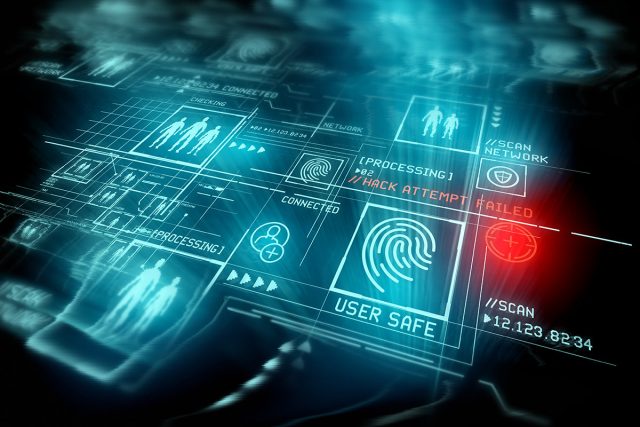
Granting access based on a biometric reading gives a radiance of protection and futurism. In case the scanner doesn’t recognize the fingerprint, whoever tries to access the particular area will not be granted entry. And if for some reason the system fails to recognize the fingerprints, you can always use the keypad as a fallback option, look at your mobile phone so that the facial recognition software can unlock the door, or find another alternative way of getting in. Still, there are some risks to be aware of such as someone potentially being able to hack their way into your network. This is a legitimate concern and that is not even touching the subject of sensor inaccuracy. Either way, you have to be careful when connecting to your network of devices and protect your connection with a VPN (virtual private network) and other creative methods.
The problem of secure data storage
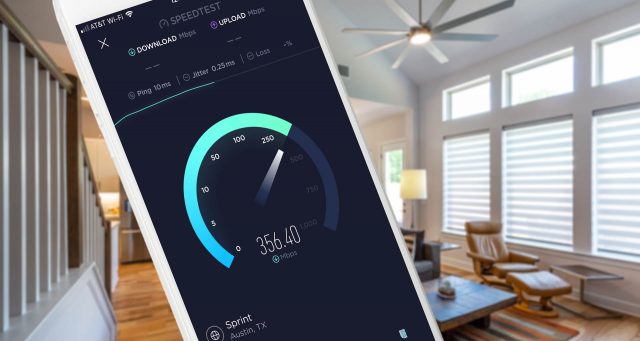
Even something as simple as recording a fingerprint means it will have to be stored in a database so that the computer can compare the future fingerprint inputs against it to check if they match and from there, stems a security issue. What if someone were to hack it and steal it? Or perhaps even replace the database entry with their fingerprint, so you’d be locked outside of your own home while the hacker would be granted a free pass? Problems could arise from biometric technology – ones that require immediate and proper solutions, since the idea of having your home invaded by a stranger or your personal data stolen is as scary as it gets.
You can replace a password, but not your fingerprint
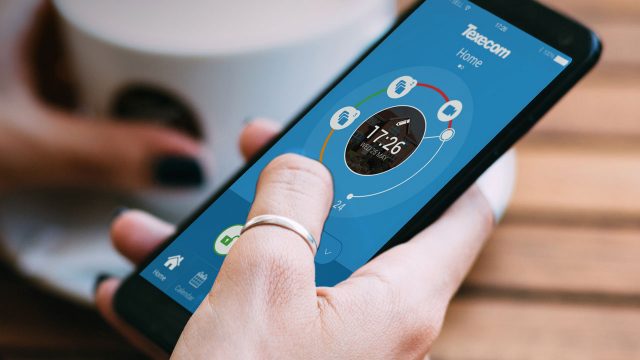
If you forget your password or PIN (personal identification number), you can reset it by sending a request by using email confirmation, receive phone codes or by answering security questions. If the same were to happen to your fingerprint, face, or iris scan is unlikely, but still plausible, and would mean great deal trouble. As smart homes become the golden standard of living, you’re going to have to get used to the risk and find a solution. Many of your activities in such homes will create private records that will be uploaded online, and then stored, thus increasing the digital traffic. With that, there is the potential of someone trying to steal or intercept that information. You could, of course, opt not to live in a modern household like that, but for most people, the trade-off would be far too big. Therefore, putting a great deal of thought into treating your sensitive data created in your home, your office, and on your portable devices, becomes of paramount importance. Learning about what a VPN is, how to encrypt your data, and how to stay safe from hackers is something you’re going to have to start doing sooner rather than later. The sooner you embrace it and implement it, the sooner you will reap the benefits it offers.
Here you can find more information: https://nordvpn.com/what-is-a-vpn/
Conclusion
Devices based on the biometric technology are the future, so we might want to get used to having them around and familiarizing ourselves with how they work. Securing the biometric data we will be crucial, and finding the best option to do that is the logical next step. This could be achieved through regular security software updates or by using a VPN that will protect the internet connection through which this information travels.

